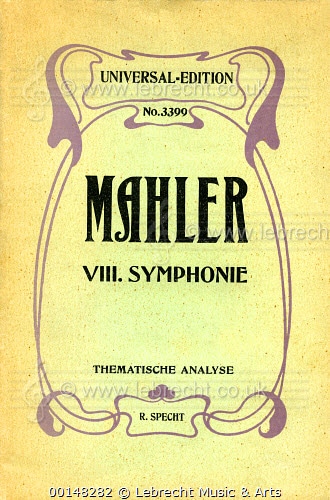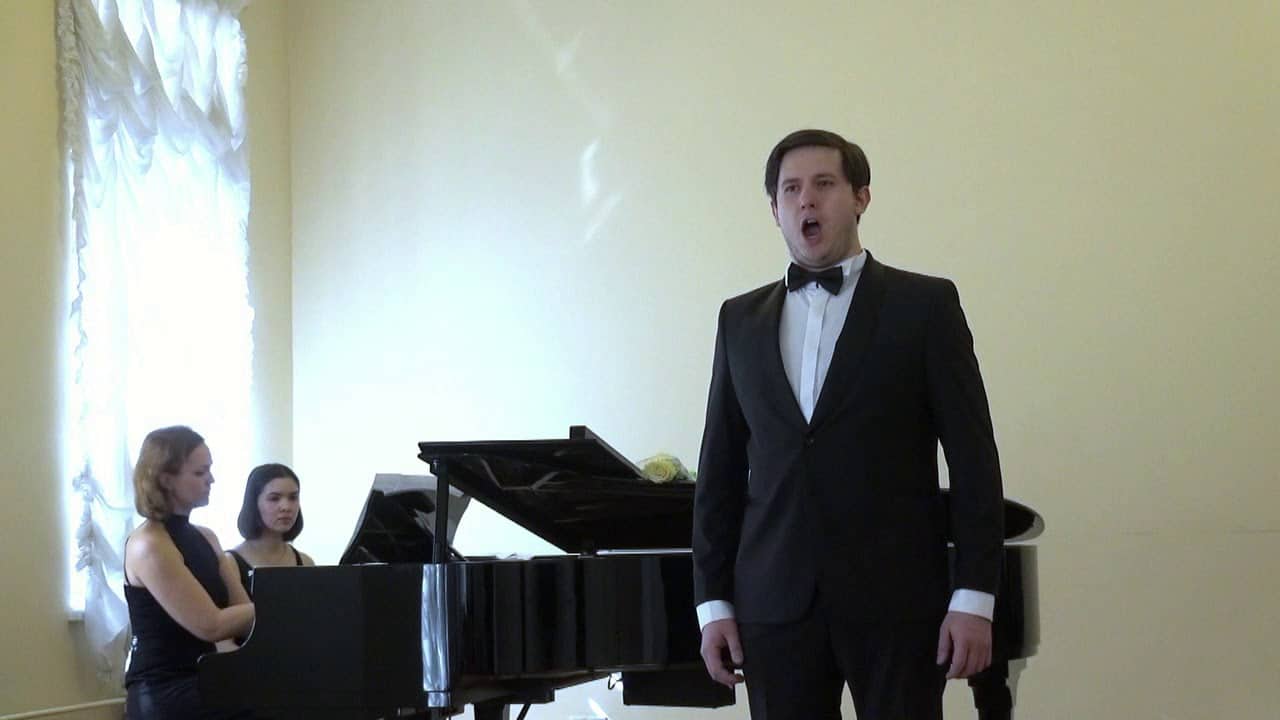Comment of the week: The secret life of Mahler symphonies
Why MahlerThe conductor Sybille Werner, while working with Henry-Louis de la Grange on revising his monumental Mahler biography, came up with fascinating evidence of Mahler performances in the period when Mahler was supposedly unperformed. Here’s what she shared on slippedisc.com:
Many comments here repeat the story that Mahler’s music practically disappeared after his death and was “resurrected” by Bernstein. He certainly did a lot to promote Mahler, but his music had never gone away, not even during WWII, when for instance Ernö Rapee performed an almost complete Mahler cycle at Radio City Music Hall. I have done extensive research on Mahler performances and have to date collected information on about 4,000 instances of a Mahler orchestral work performed by around 300 conductors between 1911 and 1961. Just to give you a few examples, even prior to WWII there were Mahler cycles in Altenburg, Amsterdam, Berlin and Vienna, where Das Lied von der Erde was performed 67 times before the “Anschluss”. In addition, there already were radio broadcast performances to familiarize a wider audience with Mahler’s music. During the war it was mostly in the US where his music was kept alive by émigré conductors, but starting in June 1945 in Vienna performances slowly started again in Europe as well. It was due to the emergence of recordings that Mahler’s music eventually became generally well known, spurred on also by the anniversary celebrations of 1960/61. That’s when Bernstein’s own enthusiasm for Mahler developed, before then he had conducted only the 2nd Symphony and, in Israel, das Lied von der Erde.







why do I feel this article has conjured up another mahler score edition?
Huge admirer of Leonard Bernstein though I am, I’ve always been rather surprised at his chutzpah in occasionally taking what seemed like sole credit for a Mahler renaissance, as if the many performances by Otto Klemperer, Dimitri Mitropoulos, Bruno Walter, and others had never occurred.
Wasn’t there a story about someone walking in on Lenny air-conducting along with one of his Mahler recordings?
(I have always enjoyed his Mahler btw)
Thanks for this. I feel vindicated. I’ve been telling people for years that Mahler wasn’t discovered by Bernstein. Lenny rode the coattails of giants like Mitropoulos, Walter, Adler, Reiner, and even Ormandy.
…and Stokowski, who gave around 10 performances of the 8th Symphony in Philadelphia and New York in 1916.
Mahler Symphonies 2, 8 & 9 and possibly others were available on HMV/RCA 78rpms from the 1930s on. By the 1950s and well before Bernstein there were many others. Early conductors on record were Walter, Stokowski and Ormandy. I have many of these.
I believe the biggest accelerant of Mahler’s reknown was the deployment of the LP record, allowing the middle class curious to buy Mahler and listen to it over and over until it became familiar.
This sentence seems at odds with your thesis: “During the war it was mostly in the US where his music was kept alive by émigré conductors, but starting in June 1945 in Vienna performances slowly started again in Europe as well.”
Bernstein discussed Mahler thoroughly in his Young People’s concerts on television in the 1950s. See YouTube for evidence. It didn’t have to be in his recordings which began at the end of that decade. On Mahler’s 100th birthday, Bernstein conducted Mahler every week.
Bernstein was amazing.
Another example would be Ernst von Schuch in Dresden. He conducted many, if not all, symphonies by both Bruckner and Mahler. Von Schuch was mostly known for having conducted the world premiere of several Richard Strauss operas, including “Rosenkavalier”, “Salome” and “Elektra”.
Anyone who enjoys finding and reading discographies from the 78 rpm and early LP eras would agree that there were ample (and sympathetic) recordings (from which I infer performances) of Mahler before Bernstein. And yes the LP era played a huge role, which reminds me that another conductor to add to the list is Scherchen.
But it also seems fair to me to say that it was Bernstein who actually achieved the broad public acceptance of, and sincere desire to hear, Mahler that those many earlier champions fought so hard in their own ways to bring about. Perhaps it was because Mahler’s music really cries out for great recorded sound, which for the most part Bernstein got from Columbia, good as some of those older recordings were and still are. Or perhaps it was Bernstein’s ability to articulate in words the importance of Mahler, and the vehicle of television to make his words part of the public forum.
Bernstein’s effect may have been largely confined to the U.S. Did his work come as such a large revelation to European audiences? I really don’t know.
As a minor contributor to both Sybille Werner’s work and to the final volume of de la Grange’s magnum opus, I am delighted to see the record set straight in such an important forum. Bravi tutti!
Boult in the 40s is another
Yes indeed. In 1920 he heard Mengelberg conduct all 9 Mahler symphonies in Amsterdam. This sparked his bewilderment that Mahler was so neglected in England and immediately made up for that. Fortunately some later concerts have made it to CD, including the 3rd & 8th symphonies and some works with vocals. And who can forget his Everest recording of the 1st, probably, at 46:28 minutes, the fastest you’ll ever hear these days. And it works! A very youthful Mahler, with a lot of spark. My favorite recording of the work.